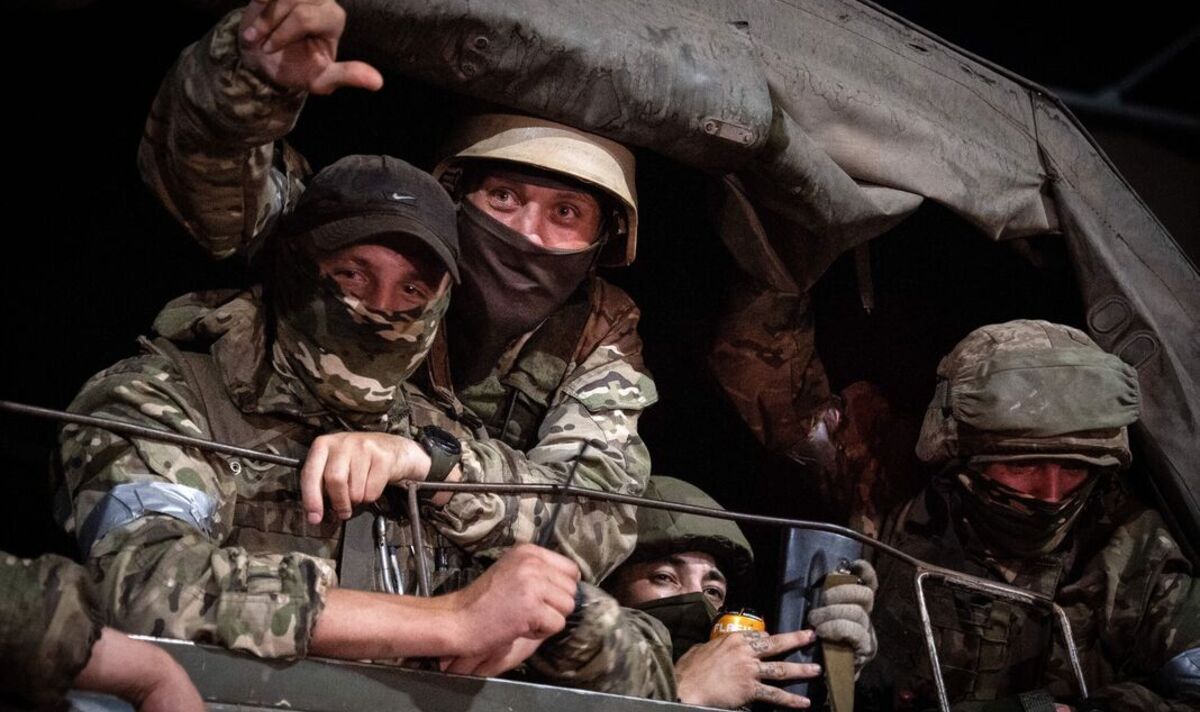Russian Ruble appears to be rebounding after taking hit
Russia is getting ready to raise its interest rates for the first time since it implemented emergency measures following the invasion of Ukraine about 17 months ago.
A failed mutiny in June has added to the problem by causing a deterioration in foreign trade, making the ruble one of the worst performers against the dollar in emerging markets this year.
The uncertainty has also led to the highest expected volatility for the currency in the world.
The weaker ruble has accelerated the need for the central bank to tighten monetary policy.
They had already warned that they would raise rates due to inflationary risks from government spending, sanctions, and labour shortages caused by the call-up of men to fight in Ukraine.
Don’t miss… ‘Another bad sign’ for Russian economy as oligarchs flee after Ruble downfall
Most economists expect the central bank to act on today (Friday, July 21), with predictions ranging from a 25 to 75 basis point increase in rates.
However, Goldman Sachs Group Inc. is the only one predicting that the benchmark rate will remain at 7.5 per cent.
According to Tatiana Orlova of Oxford Economics, the ruble’s decline makes it necessary for a new tightening cycle.
Don’t miss…
Nuclear disaster fears as Russia ‘uses power station as shield’, Ukraine claims[INSIGHT]
France to offer asylum to Russian defectors but plans slammed as ‘naïve'[ANALYSIS]
Missile interceptors today’s crucial weapon of war, UK of course is unprotected[COMMENT]
We use your sign-up to provide content in ways you’ve consented to and to improve our understanding of you. This may include adverts from us and 3rd parties based on our understanding. You can unsubscribe at any time. More info
The mutiny may have indirectly contributed to the selloff by influencing exporters’ decisions on whether to sell exports locally or keep them, or by intensifying capital flight through other means.
The armed rebellion by Wagner mercenaries, which briefly threatened President Vladimir Putin’s power, could lead to further outflows of money at a time when falling energy earnings and increased imports are draining the economy of hard currency. This could continue to negatively impact the ruble in the coming months.
Despite Bank of Russia Governor Elvira Nabiullina considering the ruble’s floating exchange rate beneficial for the economy, the currency’s decline is making imports more expensive as annual price growth approaches the central bank’s 4 per cent target.
Inflation expectations for the next 12 months, which are a significant concern for the central bank, exceeded 11 per cent in July, marking the sharpest increase in nearly a year.
Source: Read Full Article






